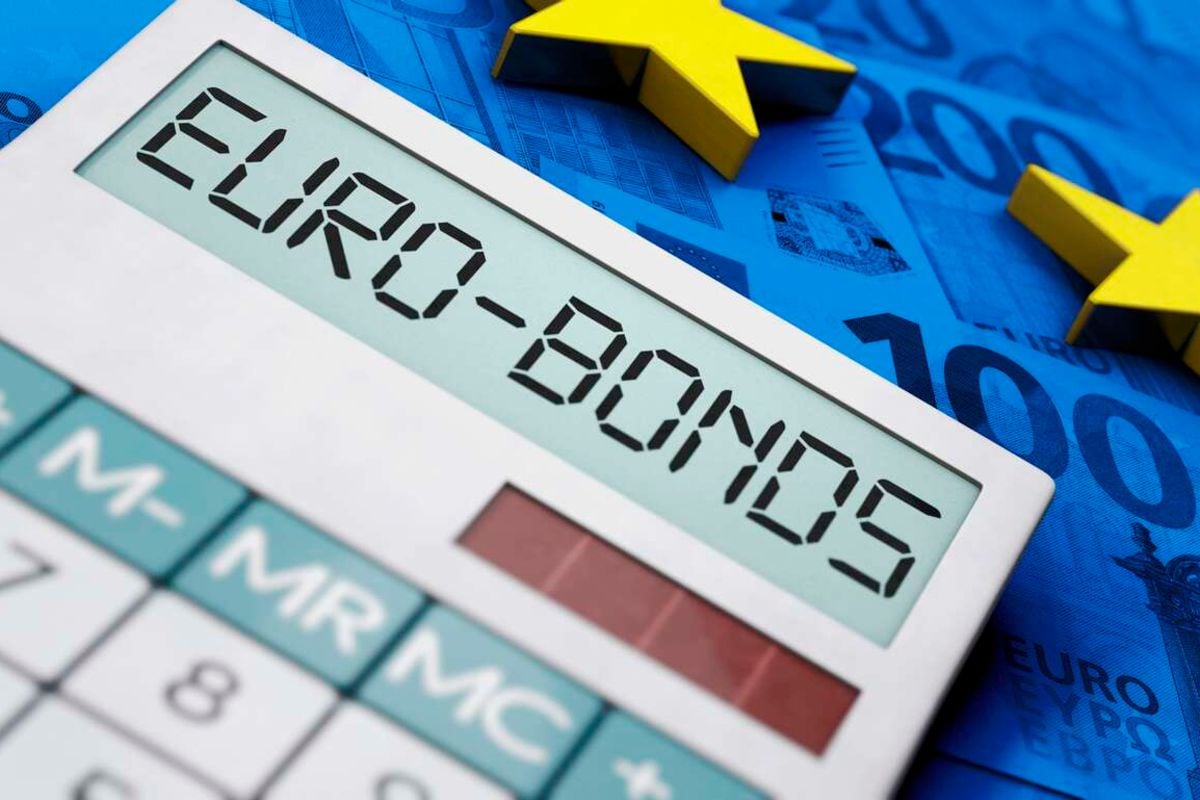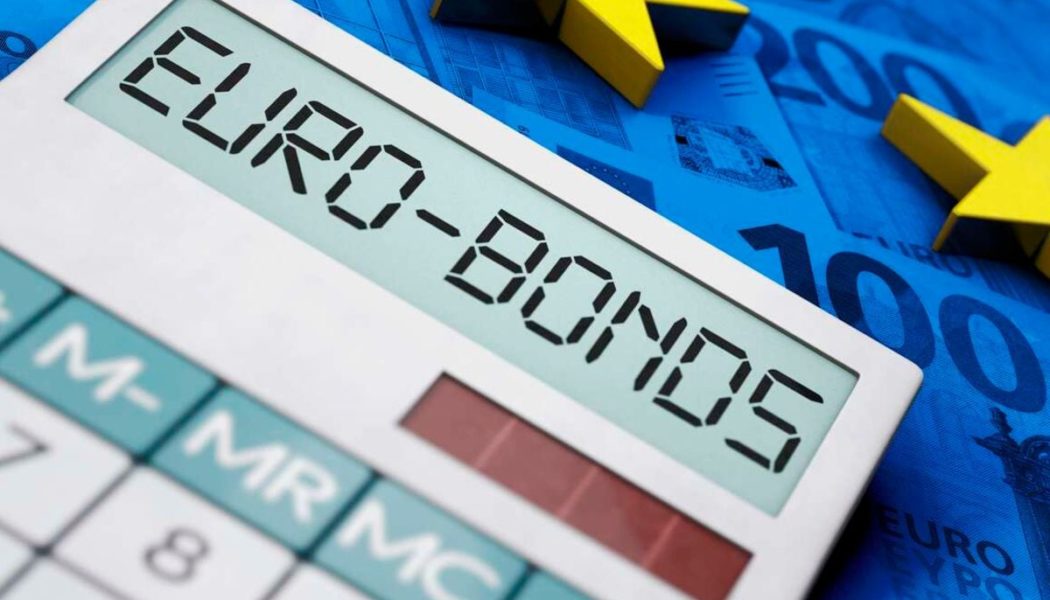
Kenya will use part of the Sh156.8 billion loan it recently secured from the World Bank to clear the outstanding balance of Sh65.3 billion ($500 million) from its debut Eurobond which matures on June 24.
The final payment on the 2014 sovereign bond is expected to put to rest investor jitters that had deflated foreign exchange flows in the past year and triggered a sharp depreciation in the value of the Kenyan shilling.
Last week, the World Bank executive board approved the disbursement of Sh156.8 billion ($1.2 billion) to Kenya with the proceeds being expected to be deployed partly in easing the current government funding constraints.
“Part of the disbursement will be used to settle the $500 million of the remaining Eurobond,” Central Bank of Kenya(CBK) governor Kamau Thugge told a media briefing on Thursday.
The government has taken a multi-pronged strategy to settle the Sh261.4 billion ($2 billion) Eurobond, whose principal was scheduled as a one-off payment at the end of the paper’s tenure on June 24.
In February, the CBK and the National Treasury oversaw the successful buyback of notes worth Sh196 billion ($1.5 billion) through the issuance of a new amortised Eurobond of the same value.
An amortised bond is a type where each payment goes towards both interest and principal. In the early stages of the loan, much of each payment will go towards interest, and in the late stages, a greater percentage goes towards the principal.
A buyback describes the process through which an issuer repurchases its own bonds from investors before the scheduled maturity date.
The February buyback was critical in offsetting fears of a potential sovereign default among Kenya’s creditors.
The Treasury had expected to clear the remaining portion of the Eurobond from a mix of government funds and financing from multilateral and bilateral sources, including syndicated bank loans.
In February, the exchequer noted it was pursuing a diversified strategy in retiring the Eurobond to drive down future interest expenses.
“This diversified financing approach aims to maintain a relatively low weighted average interest rate in the overall public debt portfolio, ensuring Kenya’s debt sustainability over the medium term,” Treasury Cabinet Secretary Njuguna Ndung’u noted.
Besides clearing the 2024 Eurobond, the new World Bank financing is expected to boost the availability of foreign exchange in the country, anchoring further stability in the exchange rate.
The Kenya shilling has rallied since the February buyback, becoming among the world’s best-performing currencies this year with a year-to-date return of Sh16.7 percent, having traded at Sh130.71 against the US dollar as of Wednesday.
“The inflows and outflows of foreign exchange through the balance of payments will ultimately determine the level of the exchange rate,” Dr Thugge added.
The government is seemingly in a race to prevent the buildup of future jitters around the repayment of other outstanding Eurobonds and has targeted a second buyback of the notes this year, setting a target of Sh130.7 billion ($1 billion).
Added to the February buyback, the government is expected to have repurchased notes worth Sh326.7 billion ($2.5 billion) by the end of 2024.
The buyback is likely to target the redemption of the Sh130.7 billion ($1 billion) which matures in February 2028 and features a one-off principal payment.
The government has moved to break up refinancing pressures on the Eurobonds with its most recent issuance featuring a three-equal part redemption of the paper which matures in February 2031.
Kenya will, however contend with relatively higher interest rates in the international capital markets should it opt to issue new Eurobonds as a means of partly offsetting outstanding notes.
The new Eurobond, for instance, has a higher 9.75 percent coupon against a coupon of 6.875 percent on the sovereign bond issued in 2014.
The country’s total outstanding Eurobonds are valued at Sh928 billion ($7.1 billion) and have maturities stretching out to February of 2048.









